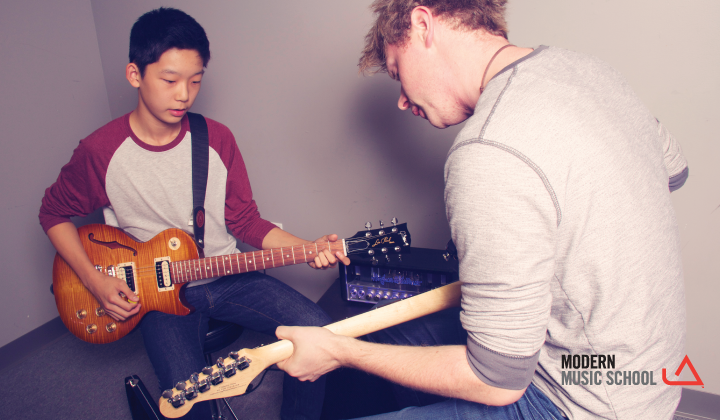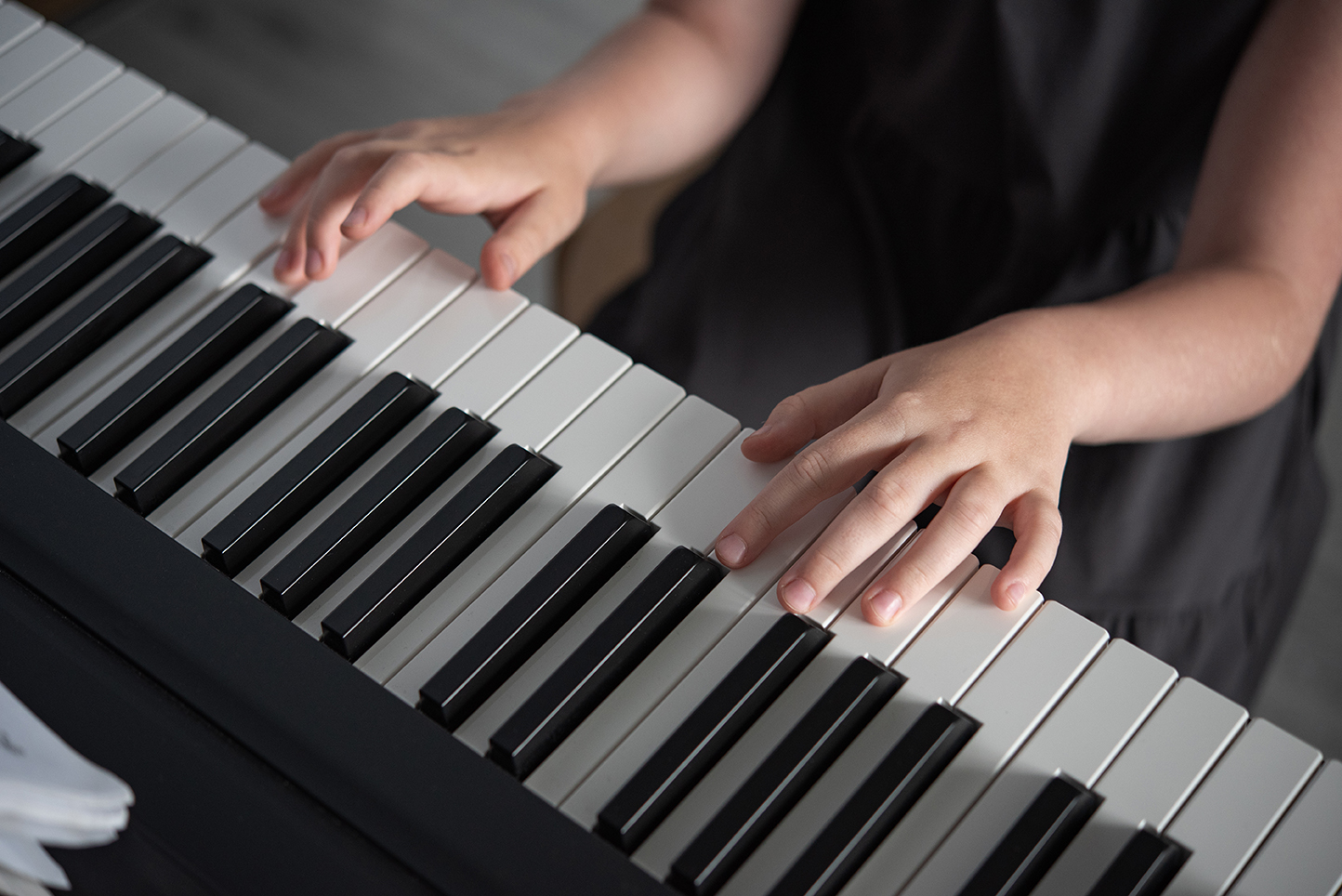Curiosity is the engine that fuels our learning
Latest Posts • August 10, 2015

This article was originally published on

It’s much easier to learn about the topics that make us curious.
It shouldn’t come as a surprise then that the students who fare best in school are the curious ones. We see it at Modern Music School all the time. The most learning happens when our students are interested – it happens when they’re asking questions, exploring answers, investigating and discovering. Curiosity is the engine that fuels their learning.
But why? What exactly is curiosity and how does it work?
A study published in the journal Neuron last year suggests the brain’s chemistry changes when we’re curious, helping us to better learn and retain information.
Using an MRI machine, researchers monitored participant’s brain activity and found that when curiosity was piqued, the centers of the brains regulating pleasure and reward were also activated.
This explains how curiosity motivates us to learn.
“There’s this basic circuit in the brain that energizes people to go out and get things that are intrinsically rewarding,” says Charan Ranganath, a psychologist at the University of California, Davis and one of the researchers behind the study. Ranganath explains, “this circuit lights up when we get money, or candy. It also lights up when we’re curious.”
Relying on dopamine, the “feel good” hormone, curiosity gives us a sense of achievement or a ‘high’.
And although true curiosity – a form of intrinsic motivation – can’t be developed from an external source (it has to come from within), teachers have a great opportunity to inspire curiosity in their students.
That’s why all Modern Music Schools create an environment encouraging exploration and curiosity.
We aim to inspire our students by asking intriguing questions, and expressing and modeling our own curiosity. We also strive to constantly challenge our students’ sense of exploration, investigation and discovery – most of all, by encouraging them to ask questions, lots of questions.
Did you know young children ask about 25 – 50 questions an hour?
That’s a lot of questions! And it shows we were all born with true curiosity, and a hugely powerful urge to learn and discover. As children, curiosity was our primary tool to make sense of the world around us.
Unfortunately, schools aren’t proving to be the ideal place for children to continue to experience this unrestricted curiosity.
Studies have observed that children’s natural curiosity diminishes as soon as they enter school – and is even all but gone by the time they reach grade 5. Often this is because of a bad experience, a sense of fear, or intense expectation put on us by teachers and other authority figures.
At Modern Music School, we remind our learners that there’s no such thing as a dumb question. Questions stimulate curiosity – and without curiosity, most inventions, discoveries and intrepid adventures throughout history would be lost to us.
So be curious! Enjoy the feeling that curiosity brings: a great sense of excitement, an intense desire for information and a drive to learn.
Albert Einstein once said, “it is a miracle that curiosity survives formal education.” Luckily there’s nothing formal about Modern Music School.




Leave A Comment